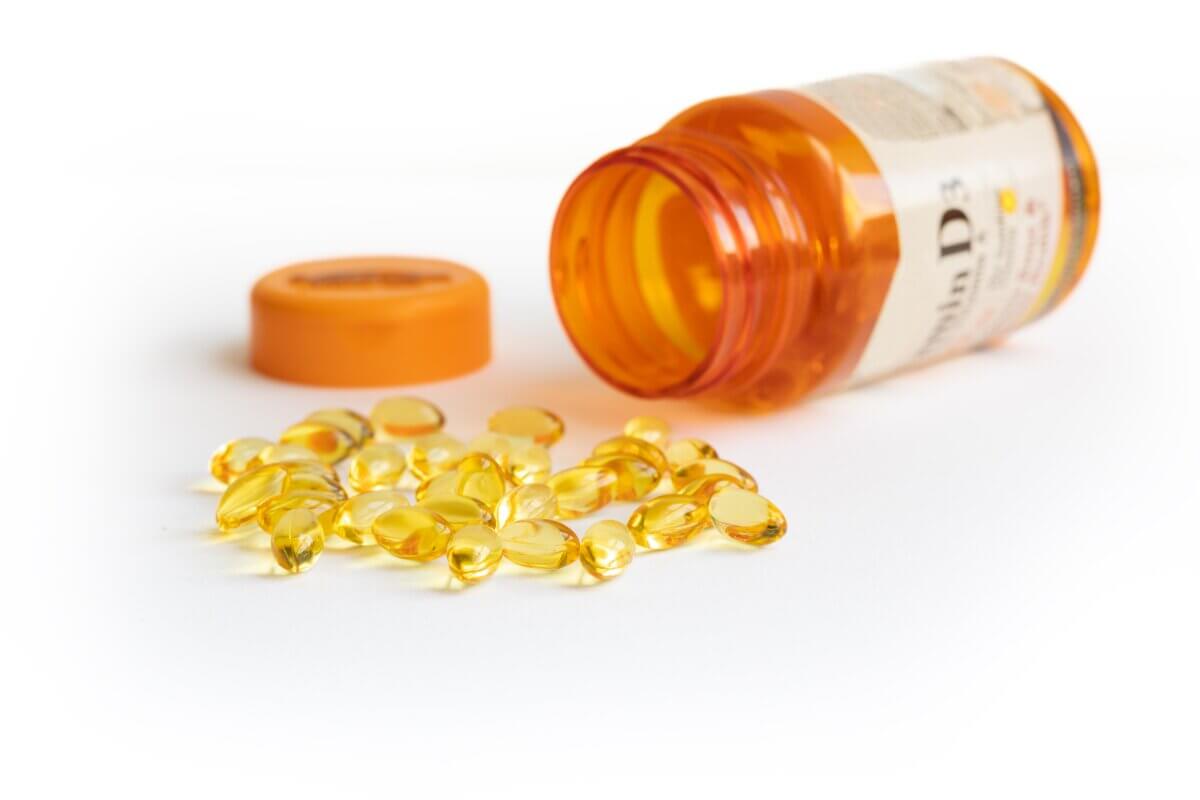HEIDELBERG, Germany — Naturally produced by our bodies in response to sunlight, vitamin D is a key nutrient for maintaining healthy bones. Now, a new study finds vitamin D can also promote better health among cancer patients. Scientists from the German Cancer Research Center (GCRC) say daily intake of vitamin D supplements could reduce cancer mortality in this group by up to 12 percent.
These results come from an exhaustive analysis of 14 prior projects of the highest scientific quality conducted at the GCRC involving nearly 105,000 participants.
Despite its clear importance to overall health, vitamin D deficiency is quite common all over world. It’s especially prevalent among cancer patients. In the nation of Germany alone, estimates show that about 15 percent of the adult population is vitamin D deficient. Meanwhile, one study involving colorectal cancer patients noted vitamin D3 deficiency among 59 percent of patients. Vitamin D3 deficiency was also associated with an unfavorable cancer prognosis.
Numerous prior studies have investigated the potential effects of vitamin D supplementation on the development or prognosis of cancer.
“Based on current studies, vitamin D3 supplementation probably does not protect against developing cancer, but it could reduce the likelihood of dying from cancer. However, previous studies on cancer mortality have yielded very different results, and we were interested in the reasons for this,” says Ben Schöttker, an epidemiologist at the German Cancer Research Center, in a media release. “By re-evaluating all previous studies on the topic, we wanted to help produce robust results on this issue, which is so relevant to population health.”

Cancer patients benefit from more frequent vitamin D usage
To investigate the effectiveness of vitamin D3 on cancer mortality rates across the population, as well as the survival of cancer patients specifically, Schöttker and his colleagues worked diligently on a systematic literature search that ultimately identified 14 studies encompassing close to 105,000 participants. Researchers included only studies they considered to be of the highest quality in which scientists randomly assigned their participants to a vitamin D3 cohort or a placebo cohort.
When the researchers pooled all 14 studies together, no statistically significant results emerged. However, when they divided the studies according to whether participants consumed vitamin D3 daily in a low dose (400 to 4000 IU per day) or in higher doses at longer intervals (60,000 to 120,000 IU once per month or less), a large difference became apparent.
Across four studies with the infrequent higher doses, the team did not see an effect on cancer mortality. Conversely, among a summary of 10 studies featuring daily dosing, researchers noted a statistically significant 12-percent drop off in cancer mortality.
“We observed this twelve percent reduction in cancer mortality after un-targeted vitamin D3 administration to individuals with and without vitamin D deficiency. We can therefore assume that the effect is significantly higher for those people who are actually vitamin D deficient,” Schöttker reports.
Taking vitamin D before cancer develops is the best strategy
Schöttker theorizes that the better efficacy of daily doses of vitamin D3 may be the result of more regular bioavailability of the active agent, the hormone 1,25-dihydroxyvitamin D, which is only produced by reactions of vitamin D in the body and can thus presumably inhibit tumor growth.
When researchers conducted an even more detailed analysis of the studies with daily intake, they noted that older adults (ages 70+) benefited most from vitamin D3 therapy. Additionally, the effect was most prominent when vitamin D intake started before the cancer diagnosis.
“This work underlines the great potential of vitamin D3 administration in the prevention of cancer deaths. Regular intake at low doses is associated with almost negligible risk and very low cost,” concludes Hermann Brenner, epidemiologist and prevention expert at DCRC.
The study is published in Ageing Research Reviews.
You might also be interested in:

